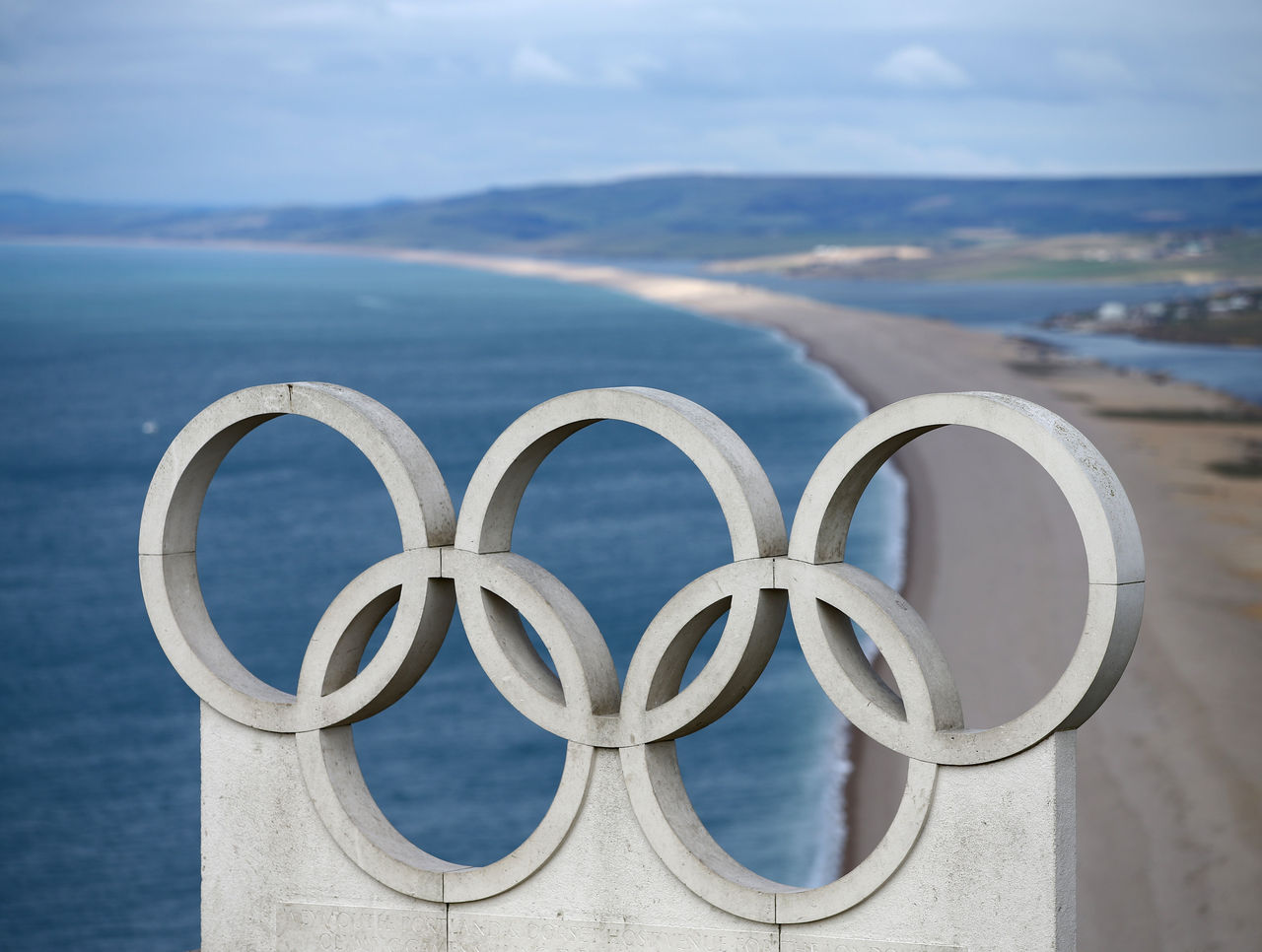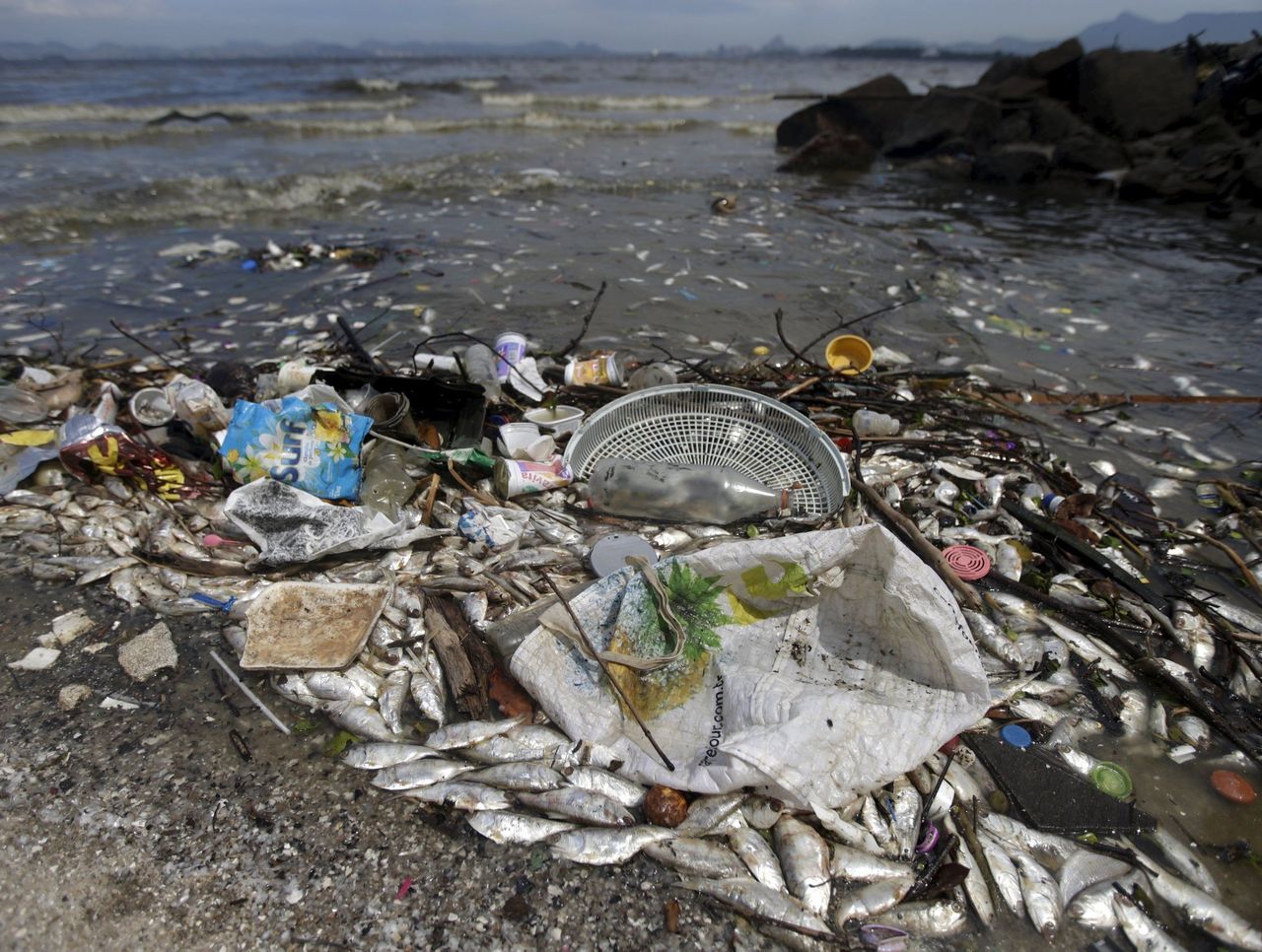Can Brazil change the calamitous narrative surrounding Rio 2016?
"Today is the most emotional day in my life, the most exciting day of my life. Now, we are going to show the world we can be a great country" - former Brazilian President Luiz Inacio Lula da Silva.
The Olympics have always been a beauty contest. In the buildup to the games, success or failure is determined by how well the respective host nations, and cities, cover up their imperfections.
As everyone knows by now, Brazil, such an inherently gorgeous country - Rio de Janeiro in particular - has plenty of blemishes to hide, and not nearly enough makeup to do it.
It wasn't supposed to be this way, of course. It never is.
When the International Olympic Committee (IOC) awarded the Olympics to Rio in 2009 - making Brazil the first South American country ever to host the games - mass celebration ensued. On the rise and seemingly on its way to becoming a world power, Brazil threw a party.
A national holiday was declared. Picturesque Copacabana Beach, the iconic sands of which will host men's and women's volleyball in the coming weeks, broke into unadulterated excitement. Former President Luiz Inacio Lula da Silva, known simply as Lula, broke into tears as he uttered those words above.
He wasn't entirely wrong. After all, Brazil has certainly opened the world's eyes to a multitude of things.

The political dysfunction: Lula is slated to go on trial for his alleged involvement in a corruption scandal involving the national oil company, Petrobras. His replacement, the wildly unpopular Dilma Rousseff, will face impeachment proceedings during the games; she is said to have fudged the budget to hide growing monetary problems.
The collapsing economy: Brazil, once bustling with offshore oil, is in the midst of its worst economic crisis in decades. In June, less than two months before tonight's opening ceremony, Rio de Janeiro declared a "state of calamity." The state is bankrupt. Though a myriad of factors have contributed, the lavish expenditure on the games, which come only two years after Brazil footed another massive bill for the 2014 World Cup, are significant factors.
The Olympics alone are expected to cost $12 billion; that, among other reasons, is surely why a recent poll had 63 percent of Brazilians saying hosting the games would hurt the country. Apathy has set in for many who admit they simply don't care about the three week showcase of athletic prowess.
You can't blame them, in truth.
But none of those issues are even at the forefront of discussion - at least globally - heading into the official kick off of competition (the men's and women's soccer tournaments are already underway.)
Health and safety concerns dominate the discourse.
Zika, the mosquito-born virus that can cause birth defects, has seen a number of prominent golfers and tennis stars pull out of Rio. As highly paid pro athletes, they can afford not to risk their health - and the health of their future children.
Others don't have that luxury. Sewage-infested, virus-laden waters have seen swimmers, sailors, and rowers who will compete in Guanabara Bay receive a harrowing tip: keep your mouth closed.

Drug-related violence plagues the city, as noted by Vanessa Barbara of the New York Times:
This year, 43 police officers have been killed in the state, and at least 238 civilians have been killed by the police. The United Nations has said it’s concerned about violence by the military police and the officers in the favelas, notably against children living on the streets ... Frequent shootouts near the Olympic arenas and on routes to them are also a concern: 76 people have been hit by stray bullets in Rio so far this year; 21 of them have died.
Just yesterday, a would-be mugger was shot dead outside Olympic Park, killed by a Brazilian man posing as a Russian diplomat. So much for the 85,000 soldiers that have been deployed to handle security - on multiple fronts, in this case.
But then, pre-Olympic chaos is as much a staple of this sporting spectacle as triumphant athletes biting down on their gold medals.
Construction in Athens was finished hours - literally, hours - before the opening ceremony. Seoul and Atlanta were ruthless in displacing their poor to make their cities "aesthetically pleasing" to both visitors and viewers. Sochi was the definition of corruption, and will go unrivaled for its preposterous overspending. Georgian luger Nodar Kumaritashvili was killed while practicing during the Vancouver Olympics, the safety of the track coming into question.
Rio seems hell-bent on trying to outdo them all, sure, but these issues which have cast an enormous shadow over the games are nothing new.
None of this, of course, will be mentioned during this evening's opening ceremony at the iconic Maracana Stadium. If only for three hours, it will be a party celebrating South America's largest nation; the Amazon rainforest, samba and, apparently, even Gisele Bundchen. All smiles.
What a great picture of the #Olympic Rings on Copacabana Beach! pic.twitter.com/PzILOECTvE
— Olympics (@Olympics) August 4, 2016
Brazilians know how to throw a party, after all.
Perhaps it will all go off without a hitch. No illnesses, no security troubles, no swimmers or sailors bumping into any floating cadavers. For its many problems, Brazil has successfully hosted numerous events in the past decade, from the Pan American Games (2007) to the aforementioned World Cup.
Barring complete calamity, the magic of the Olympics - be it real or perceived - has a way of making people forget about the warts, even if they can't be hidden.
It may seem right now like Christ the Redeemer will have to descend from Corcovado mountain to make it happen, but maybe, just maybe, Lula's vision still has a chance to become reality.